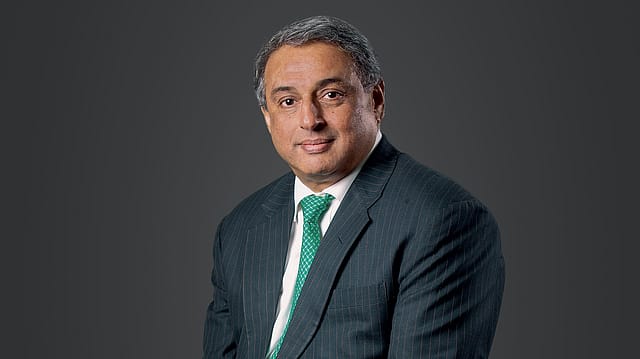Tata Steel rating upgraded to investment grade by Moody's
ADVERTISEMENT

Moody's Investors Service on Monday raised the long-term issuer rating of Tata Steel to Baa3 from Ba1 citing the steelmaker's 'solid market position' in India.
"The upgrade reflects our expectation of the continued strength in Tata Steel's credit profile due to the company's solid market position in India. We expect the company's profitability to increase even as softer steel prices dent revenues," says Kaustubh Chaubal, senior vice president, Moody's.
The credit rating agency also changed the company's outlook to 'stable' from 'positive'.
"The upgrade also reflects the company's considerable deleveraging through gross debt reduction and our expectation that Tata Steel will maintain conservative financial policies with a well-balanced capital allocation and financial metrics appropriate for its Baa3 rating," adds Chaubal, also a lead analyst on Tata Steel.
In its rationale, the rating agency says Tata Steel's Baa3 issuer rating reflects the company's large scale, globally cost-competitive, vertically integrated steel operations in India; the sustained improvement in its European operations especially following the expected closure of the loss-making upstream operations in the United Kingdom; and the company's close association with its parent, Tata Sons.
Nevertheless, the rating also captures the company's exposure to the inherent volatility in steel prices and spreads, and the historically volatile performance of its European operations, it says.
The upgrade comes days after Tata Steel and the United Kingdom government announced a joint agreement on a proposal to invest in Electric Arc Furnace steelmaking at the Port Talbot site with a capital cost of 1.25 billion pounds. This includes a grant from the U.K. government of up to 500 million pounds.
"While one-off restructuring costs may need to be incurred, the EAF will transform its cost position in the UK, and the BF (blast furnace) closure will arrest the significant drain to earnings," says Moody's, noting that it is a credit positive.
The likely improvement in its UK cost structure and the relatively better-performing Dutch operations will ensure Tata Steel's credit profile remains solid, even as steel prices remain soft and global steel demand weakens amid rising interest rates and a weak economic outlook in most end-user markets, says Moody's.
Meanwhile, Tata Steel's strong presence in the world's second-largest steel market, India, will be a key driver of the company's credit profile, according to Moody's. The South Asian country will see steel consumption climb at a 7% cumulative annual growth rate until 2030, fuelled by continuous, large infrastructure investments as well as increasing demand from the auto sector, the rating agency says.
Tata Steel's Indian operations (TSI) continue to dominate its consolidated earnings. Although two-thirds of the company's 28.8 million metric tonnes of global steel shipments in the fiscal year ending March 31, 2023 (fiscal 2023) were in India, TSI accounted for over 80% of the company's consolidated EBITDA, a result of its backward integration into the mining of key raw materials iron ore and metallurgical coal.
However, Tata Steel's European operations lack backward integration and have historically generated volatile earnings, says Moody's, adding that it is a drag on the company's credit profile. TSE produces seven million metric tonnes per annum (mtpa) in the Netherlands. Frequent outages at its UK plant that is soon approaching the end of its useful life have dented Tata Steel's consolidated earnings.